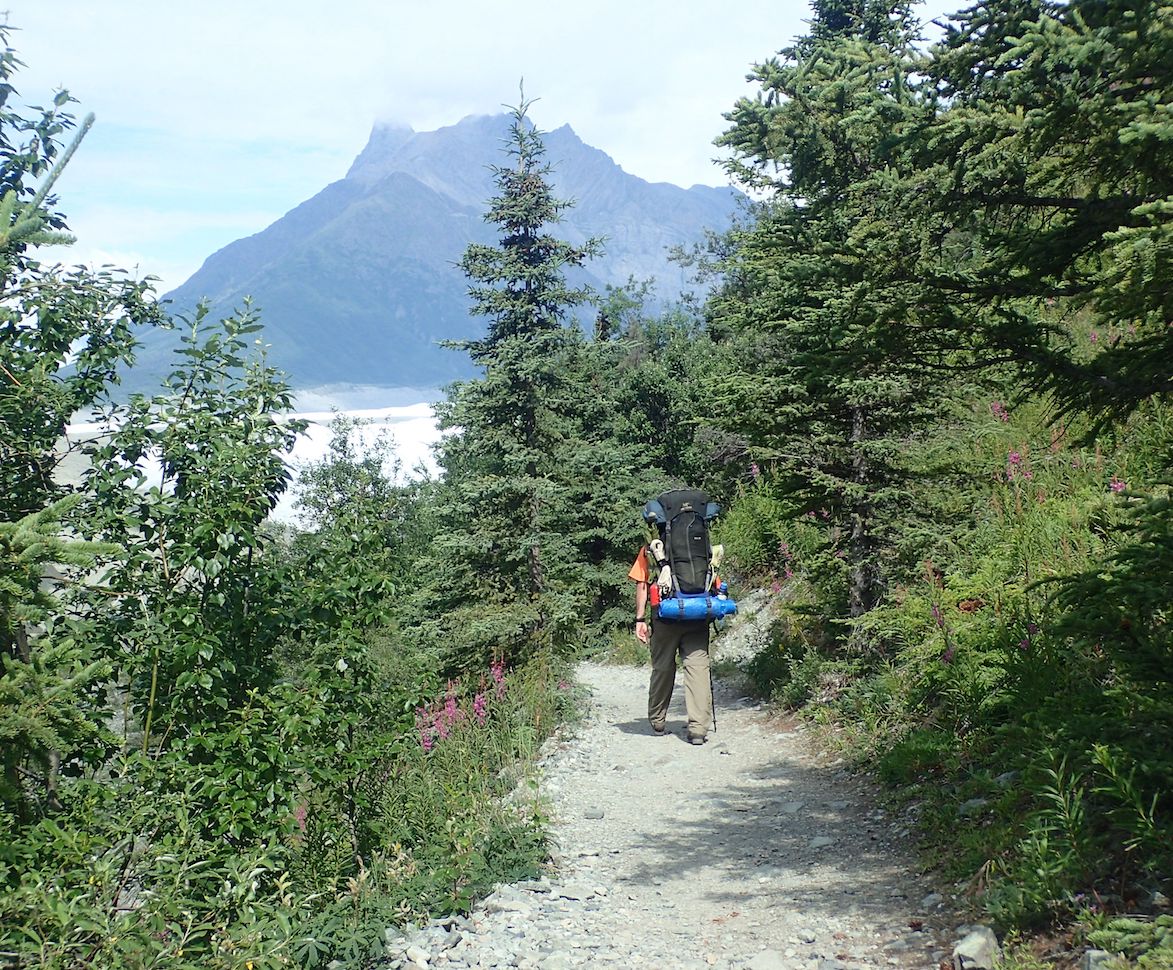Education Shouldn’t Stop Once We’ve Returned from the Trailhead
August 14, 2017
Outdoor and adventure-based education programs are designed to take students out of their home environment and place them in outdoor settings where they can experience adventures — adventures that highlight challenges, the need for having empathy for others, as well as the need to develop characteristics that can result in a new generation of community leaders and stewards of our environmental resources.
A huge task to be sure, but one of the ideas behind everything we do here at The National Center for Outdoor & Adventure Education (NCOAE), is that our students (and adult course participants) will walk out of the backcountry feeling stronger — both mentally and physically.
Following an adventure-based experiential education experience, we tell those we teach and guide that they are now better-prepared to go out and apply what they have learned in order to protect the natural environment, improve their own communities, and accept the challenges and rigors associated with their own education. But what happens when high school seniors brush themselves off at the end of such an adventure and decide they want to make that move to enroll in a college or university, only to discover the doors are shut to them.
What if the obstacles to their future success include poverty or homelessness?
Unfortunately, there are students who successfully experience the outdoors with us but who return to the cycle of poverty they had hoped to leave behind. It’s difficult to put into action the benefits acquired during an uplifting experience in wilderness when you once again find yourself faced with solving the basic needs associated with securing housing, food and employment.
What’s the next step after stepping off the trail?
Here at The National Center for Outdoor & Adventure Education, we go to great lengths to connect our scholarship students with individuals and organizations that can help them find a skill, get a job or enroll in higher education.
While our own Education Without Walls (EWW) program provides outdoor learning opportunities and environments for our students, we look to the communities, corporations and traditional educational institutions to pitch in and help these less fortunate students continue to move forward and toward their goals.
We attempt to make a difference in the lives of students by equipping them with a new skill set to help them achieve personal and academic objectives. Through our Education Without Walls program, we assist teen-aged students in improving their level of environmental stewardship, civic responsibility, decision making, interpersonal communication, leadership abilities, and technical outdoor skills.
Then we actively seek out organizations and institutions that are willing to step up and help our outdoor “grads.” A good example of this approach is reflected by higher-learning institutes such as Stanford University in California, which has increased its efforts to assist students who continue to suffer from poverty and homelessness.
Stanford’s undergraduate financial aid program enrolls qualified students with families that make less than $65,000 free of charge. No costs at all to the family.
Across the country, institutions of higher education are coming to realize they are missing out on quality students due to the plight of poverty and homelessness. Many are aggressively seeking such students, recruiting them, getting them to fill out applications, scheduling them for interviews and finding creative ways to eliminate the financial burdens that accompany the quest for a college degree and experience.
As outdoor, experiential, and adventure-based schools and educators, it is our duty to pass on this information to our program’s participants, thus supporting their future success. In that way, our communities witness and garner the currency of what exactly it is that we do in wilderness.
– – – – – – – – – –
About the Author: Stephen Mullaney is the staff development director at The National Center for Outdoor & Adventure Education (NCOAE) in Wilmington, N.C., where he is responsible for the training and education of NCOAE’s field instructors. He is a member of the North Carolina Association of Educators (NCAE) and has taught within the Durham, N.C., public school system. Stephen received his undergraduate degree in English from Framingham State University, and his Master’s Degree in Education from North Carolina Central University.
TALK TO US
Have any further questions about our courses, what you’ll learn, or what else to expect? Contact us, we’re here to help!

Leave a comment